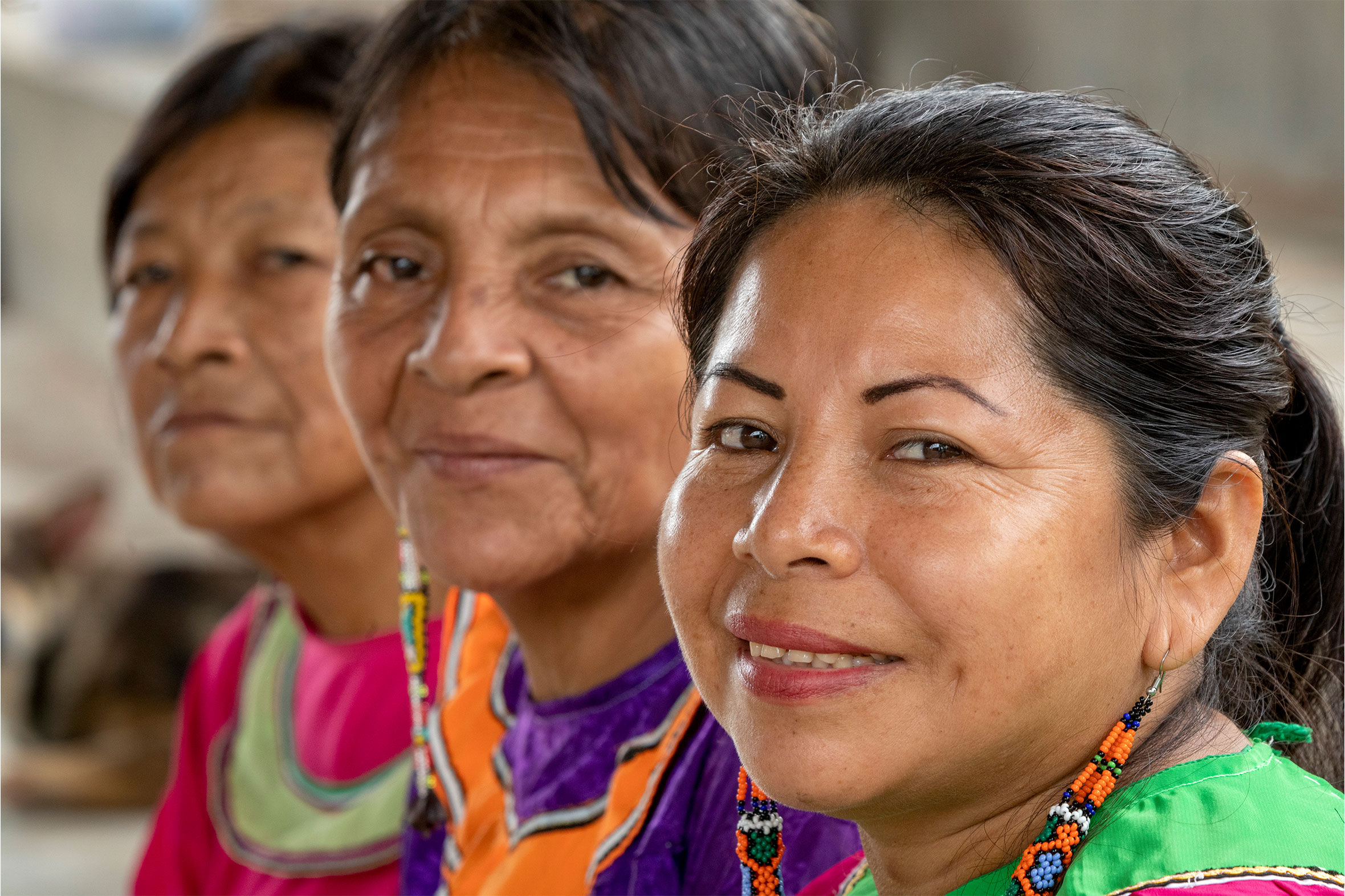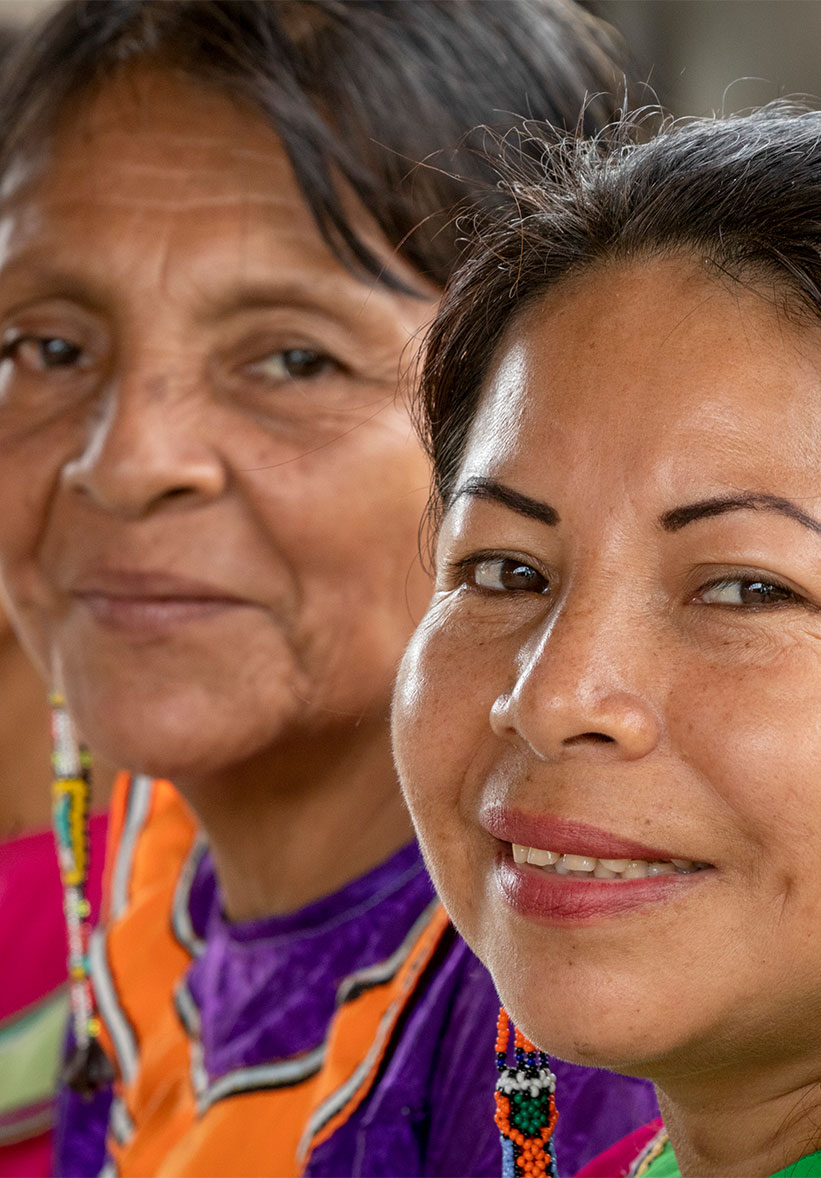Policy advocacy
The Inequality Council is engaging in evidence-based advocacy within the G20 and other forums to convince countries to adopt and implement policies that will break an “inequality-pandemic cycle” through which:
- Inequalities turn outbreaks into pandemics, make pandemics more disruptive and deadly, and prolong their impacts.
- Then, in turn, these unchecked pandemics deepen inequalities.
For example, AIDS persists as a global pandemic because only some countries have tackled the inequalities that drive HIV infections and gaps in HIV prevention, testing and treatment services.
Accelerating access to medicines
The HIV and COVID-19 pandemics and recent outbreaks of mpox share a grim reality: slow rollout of vaccines, medicines, diagnostics and other health technologies to the Global South has claimed countless lives. Even after financial resources were mobilized, several barriers prevented rapid production and distribution of life-saving medicines and vaccines. Multinational pharmaceutical companies are often unwilling to share breakthrough technologies, and most countries in the Global South do not have sufficient capacity to develop and produce their own health technologies.
In 2024, the Council worked closely with the Government of Brazil to build support within the G20 for inequality-busting measures for pandemic preparedness and response. The Council called on countries to support Brazil to establish a new Global Coalition for Local and Regional Production, Innovation and Equitable Access to have a broad mandate that includes neglected diseases and diseases impacting vulnerable populations. This Coalition, which was formally agreed in the Rio de Janeiro Declaration of the G20 Health Ministers, will be critical to ensuring equitable access to life-saving health technologies to those who need them the most. Second, the Council engaged in efforts to ensure that the G20 committed to measuring progress on the social determinants of pandemics, such as social protection, gender equality, education and human rights.
Capacity in the Global South is not the only challenge. Strict interpretation of intellectual property laws favour private profits over public health. This situation raises the cost of health care in both the Global South and the Global North. The Council is working with government and nongovernment partners to develop fresh ideas on the transfer and use of technology that will make life-saving diagnostics, medicines and vaccines available to all who need them.
Efforts within the G20 to address inequalities and strengthen pandemic prevention, preparedness and response are expected to continue during the 2025 presidency of South Africa.

